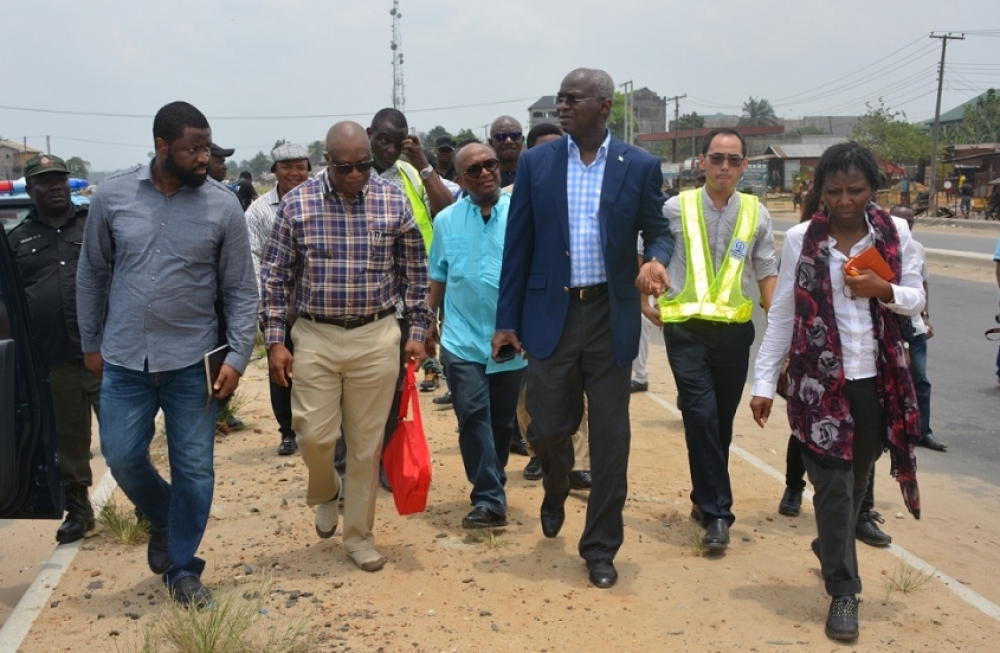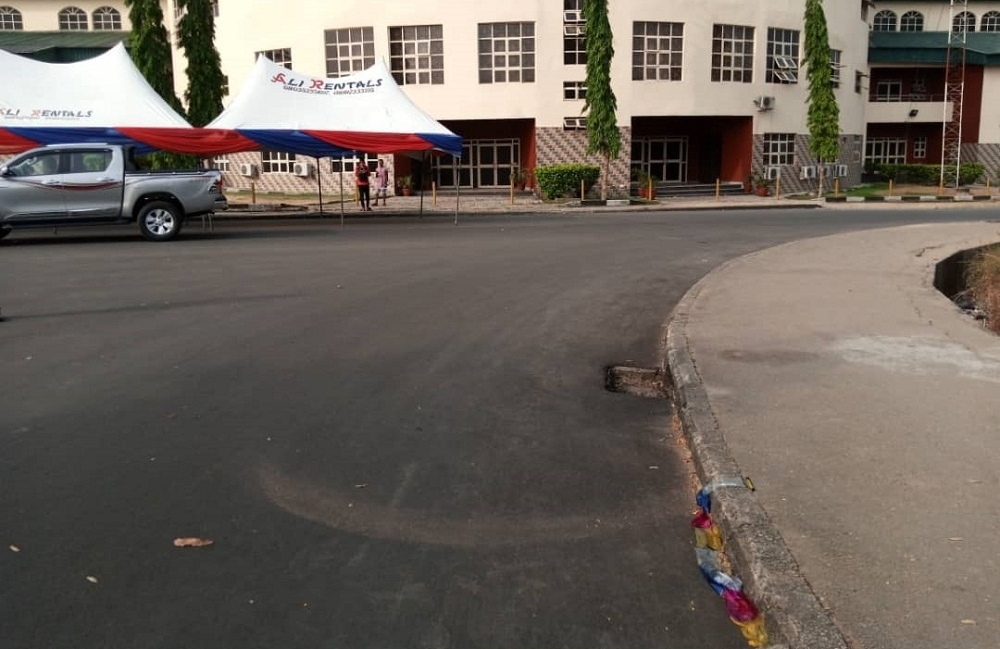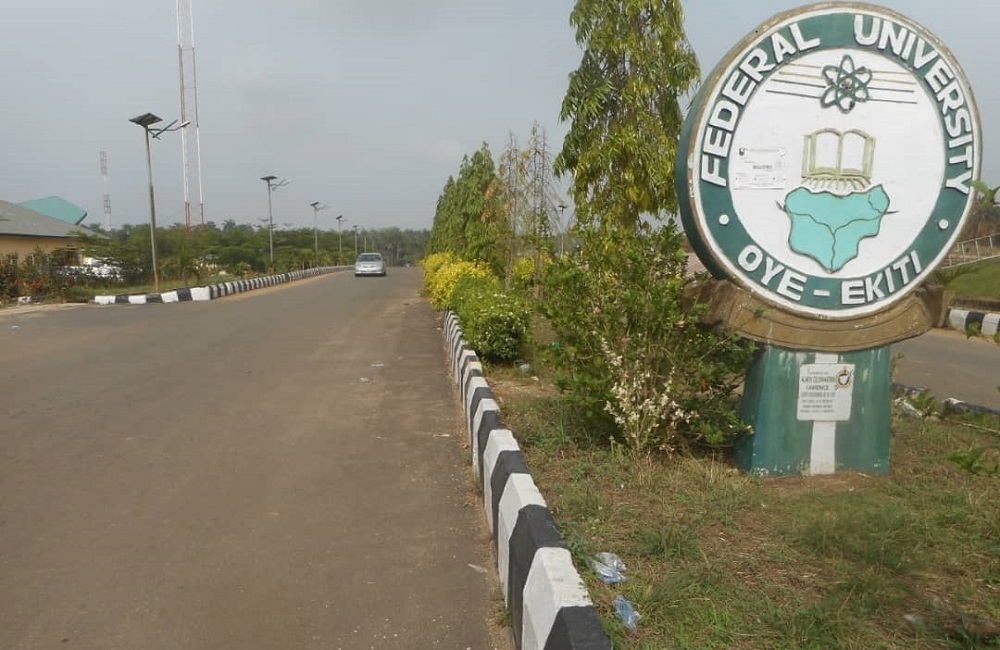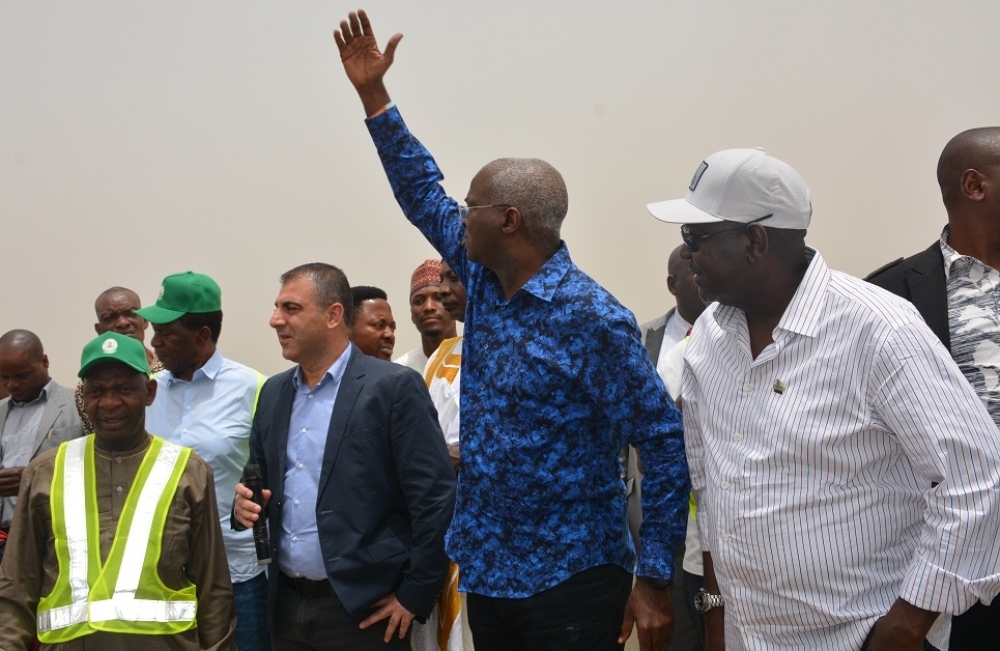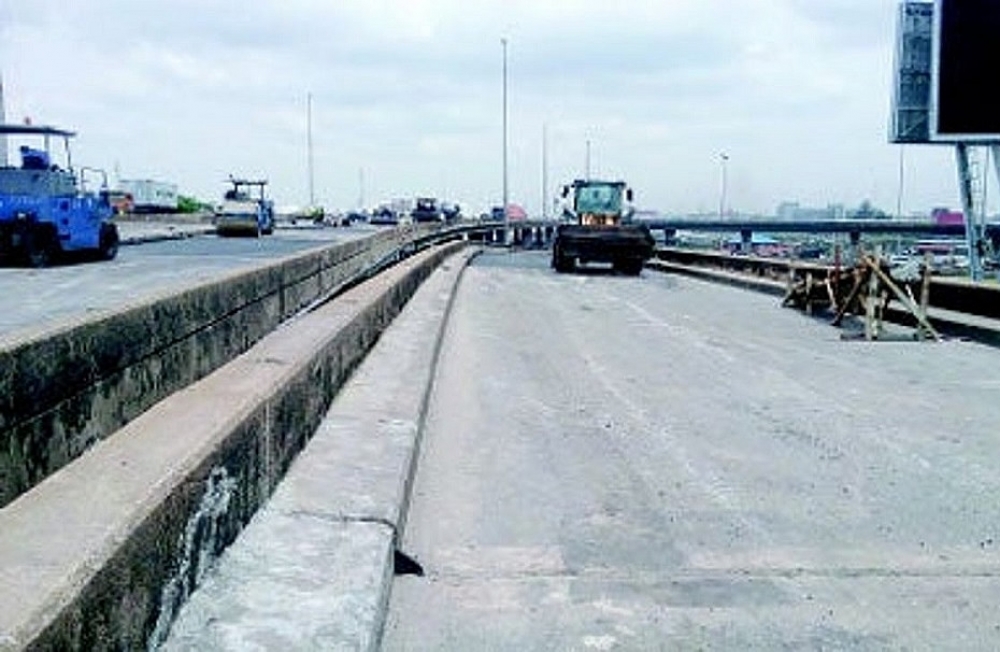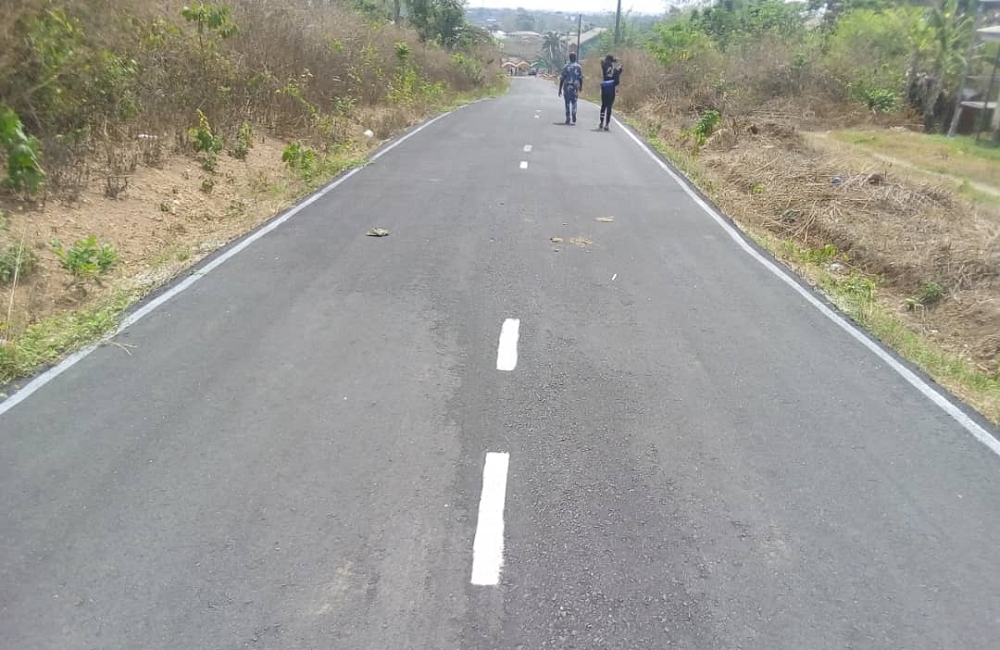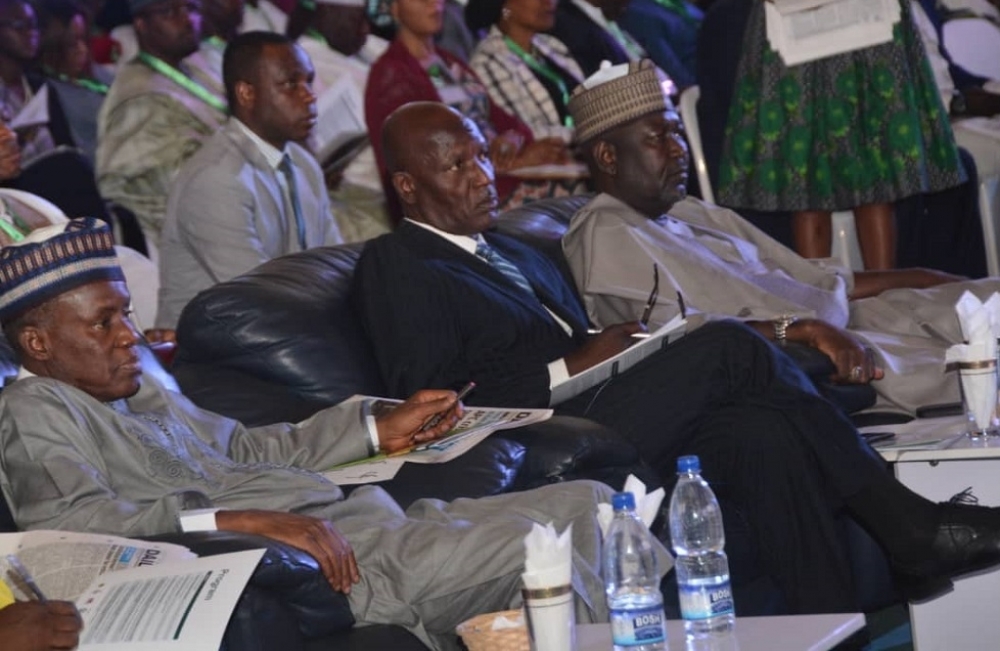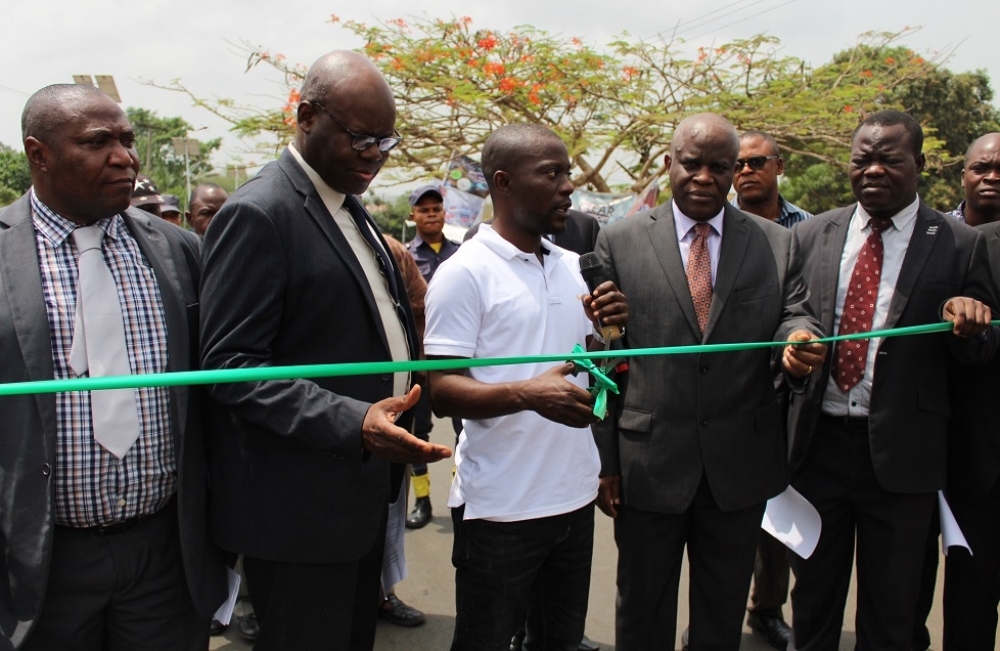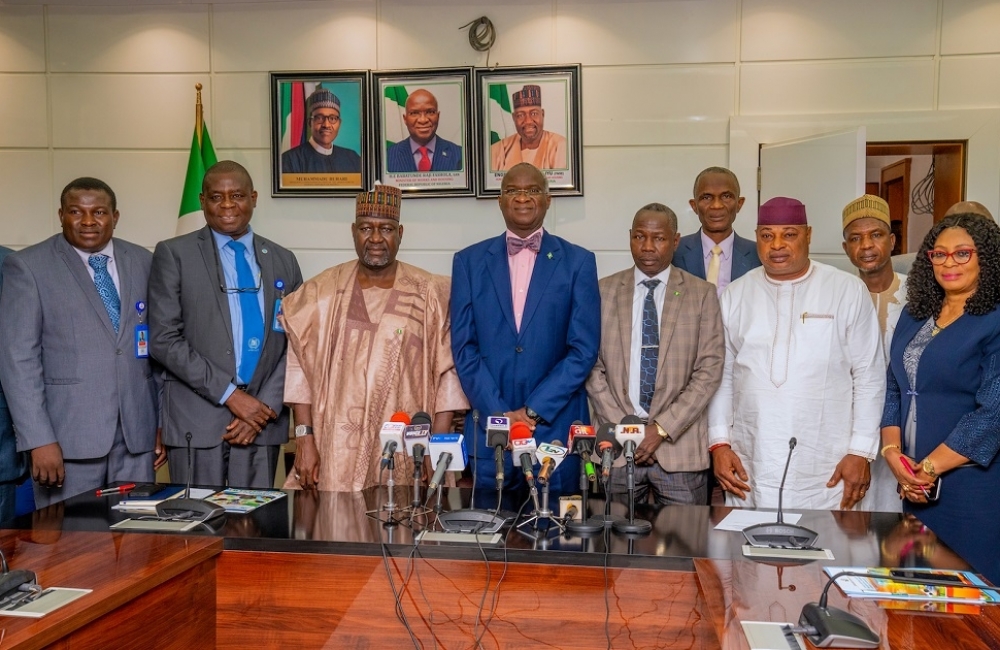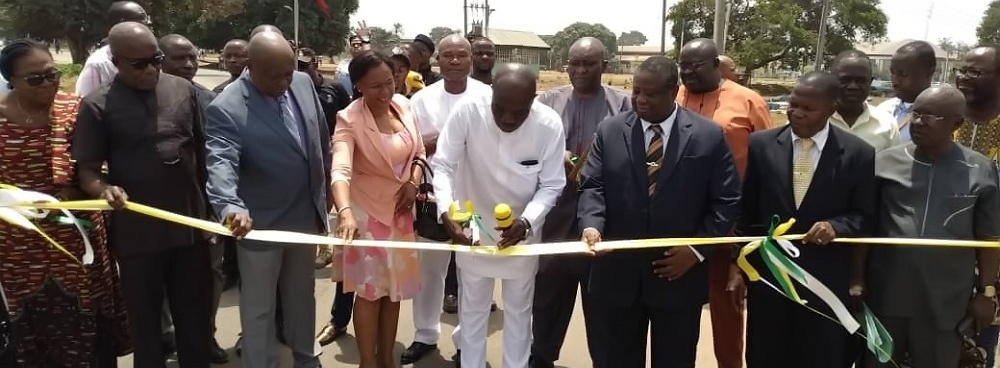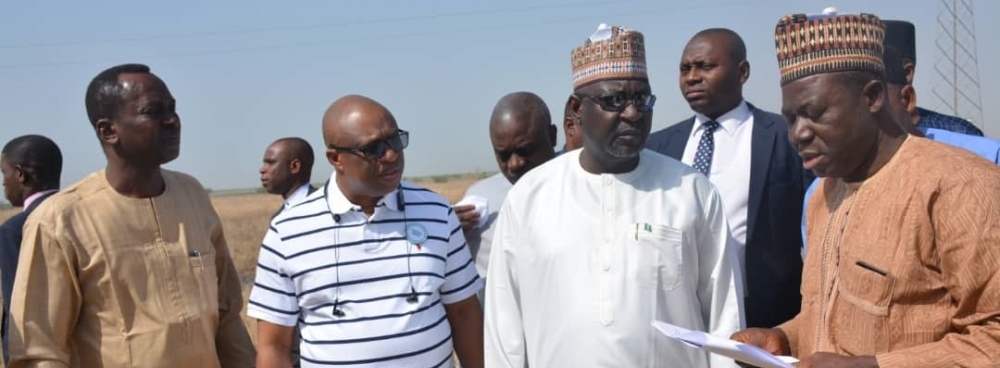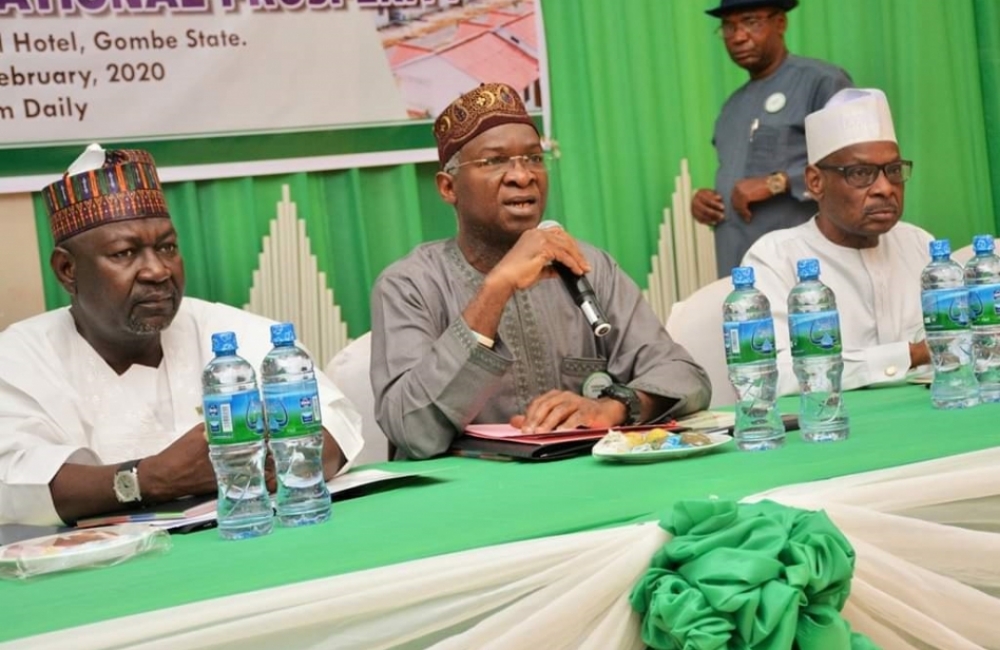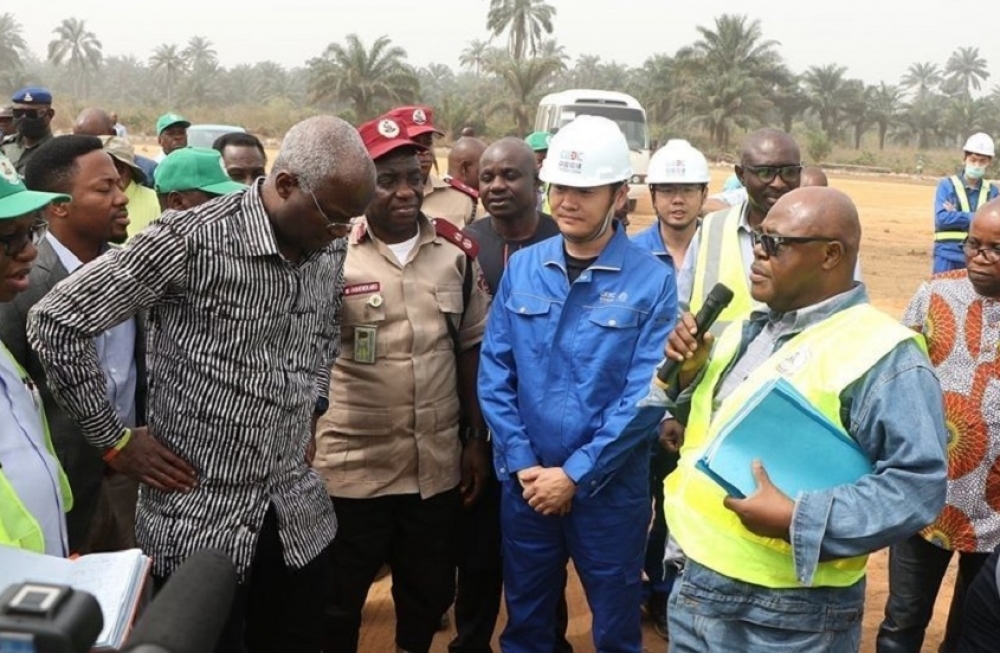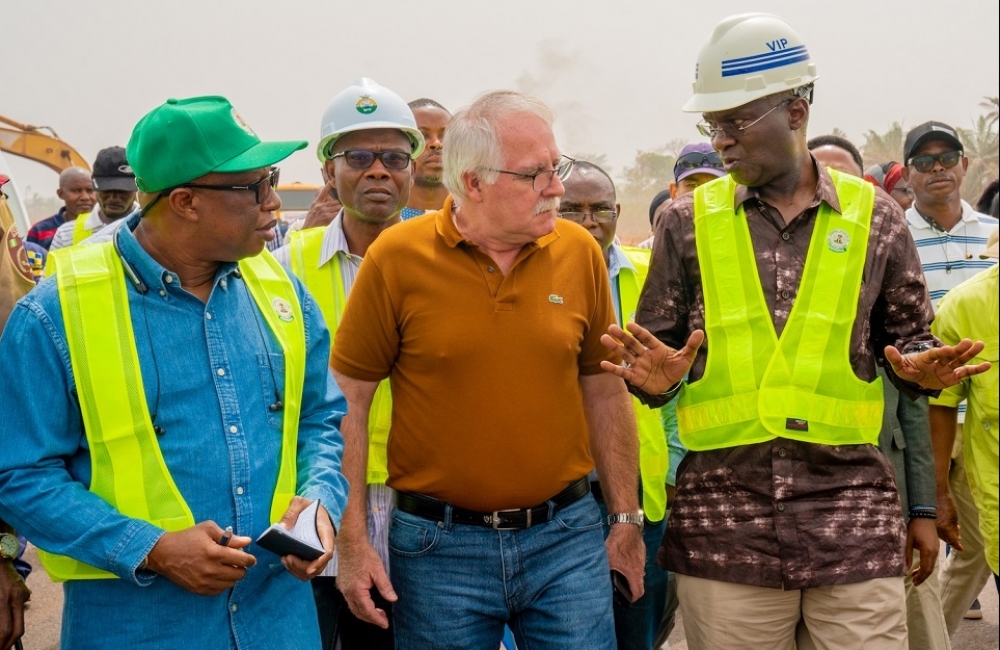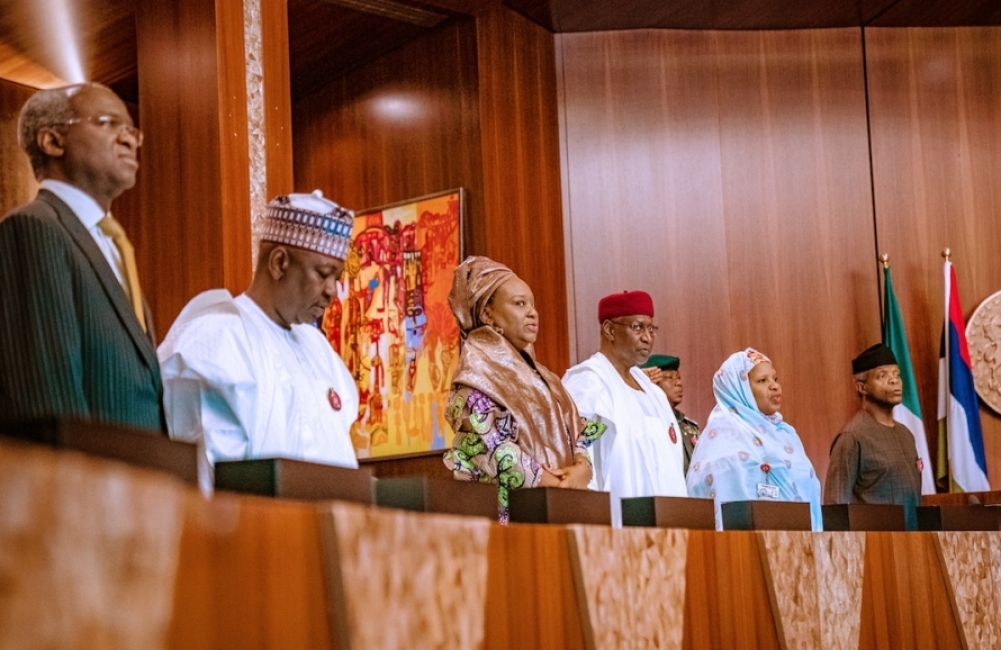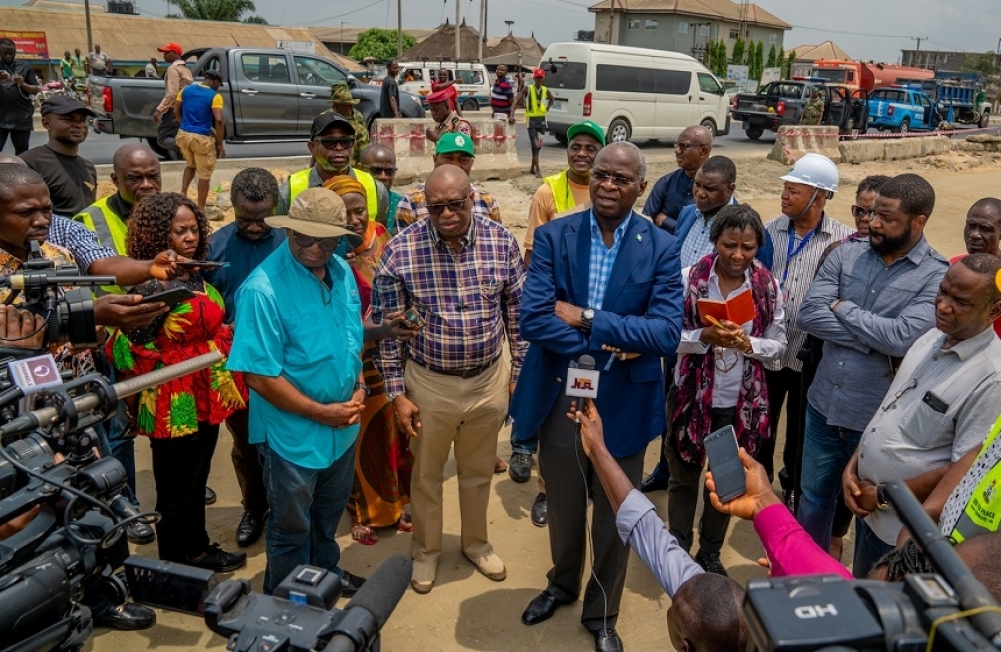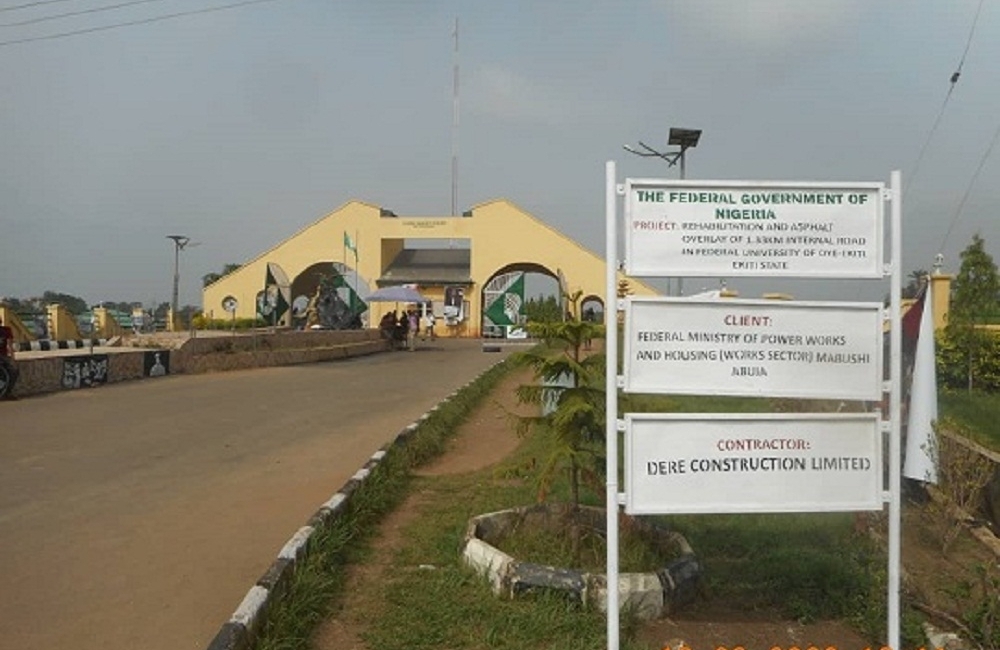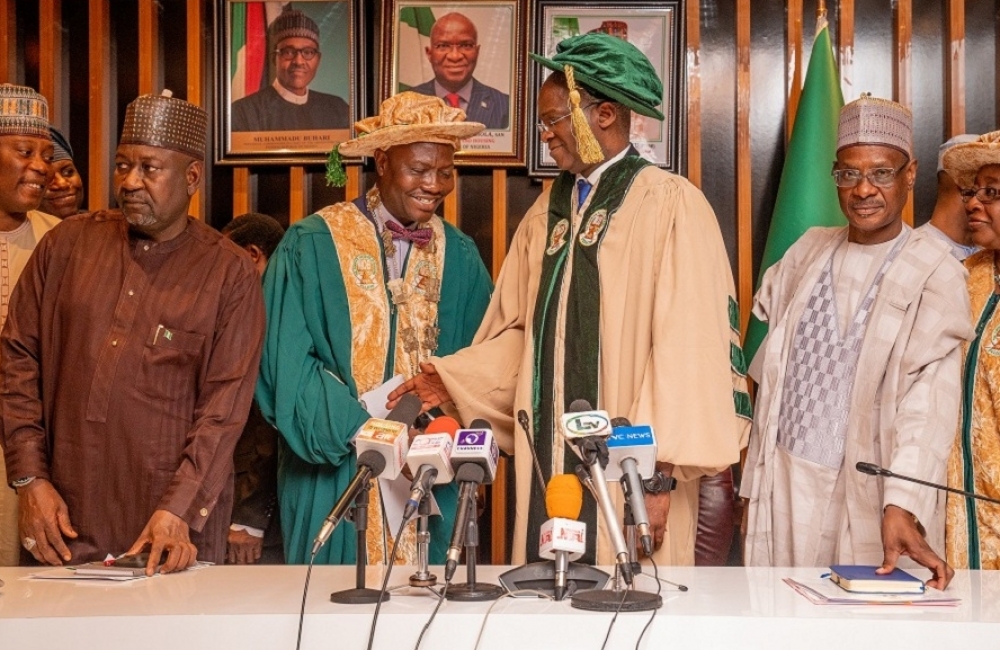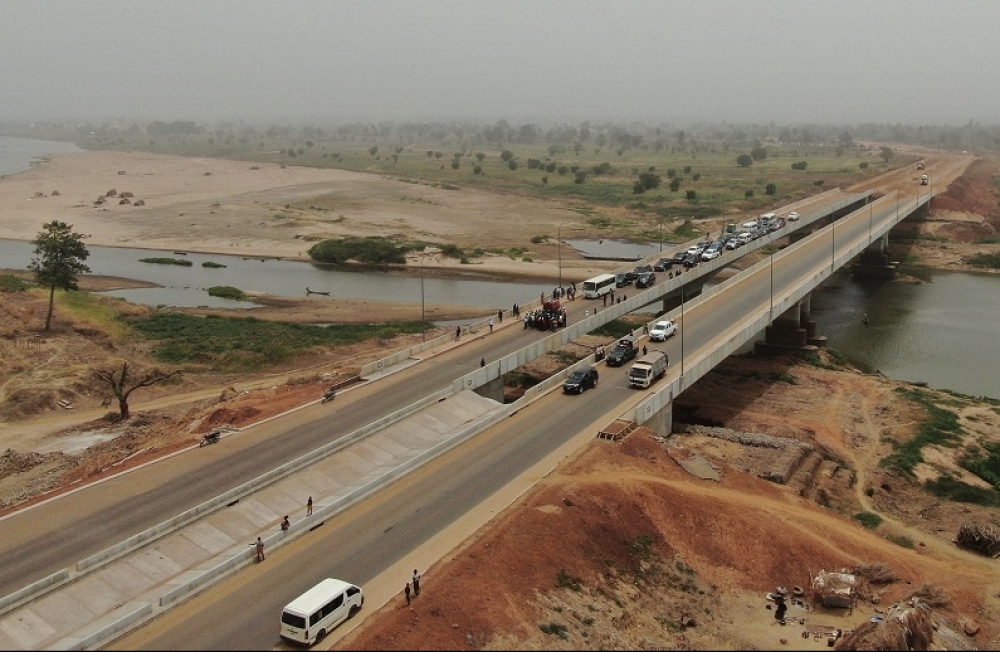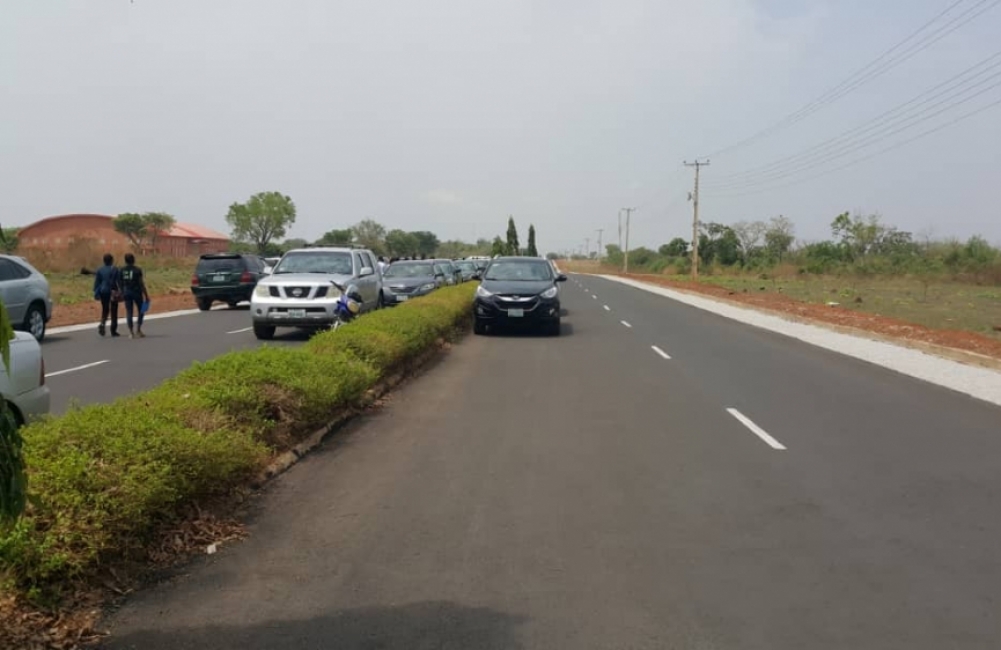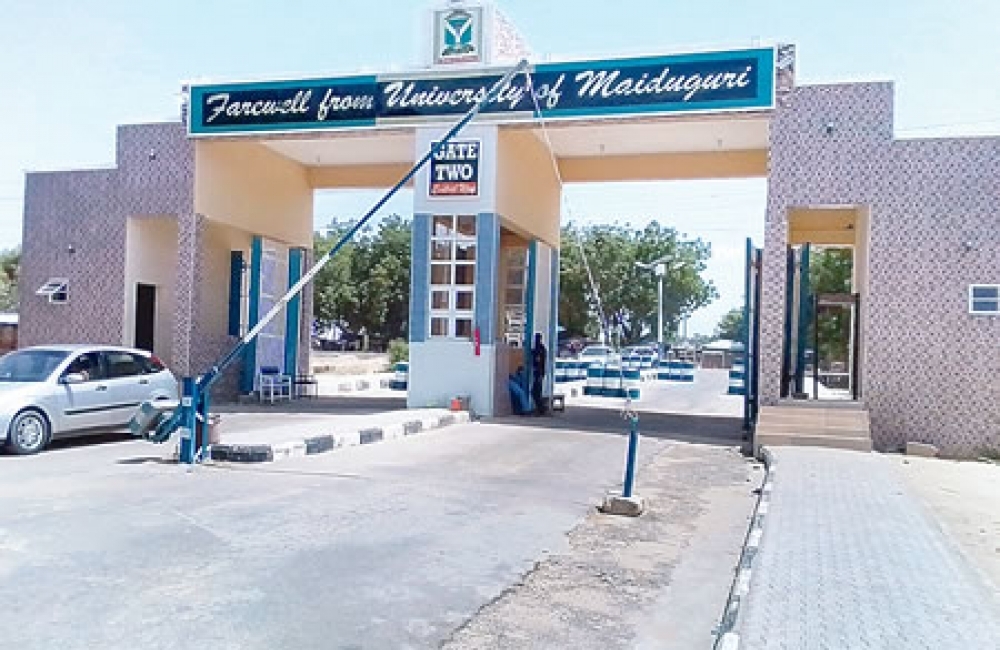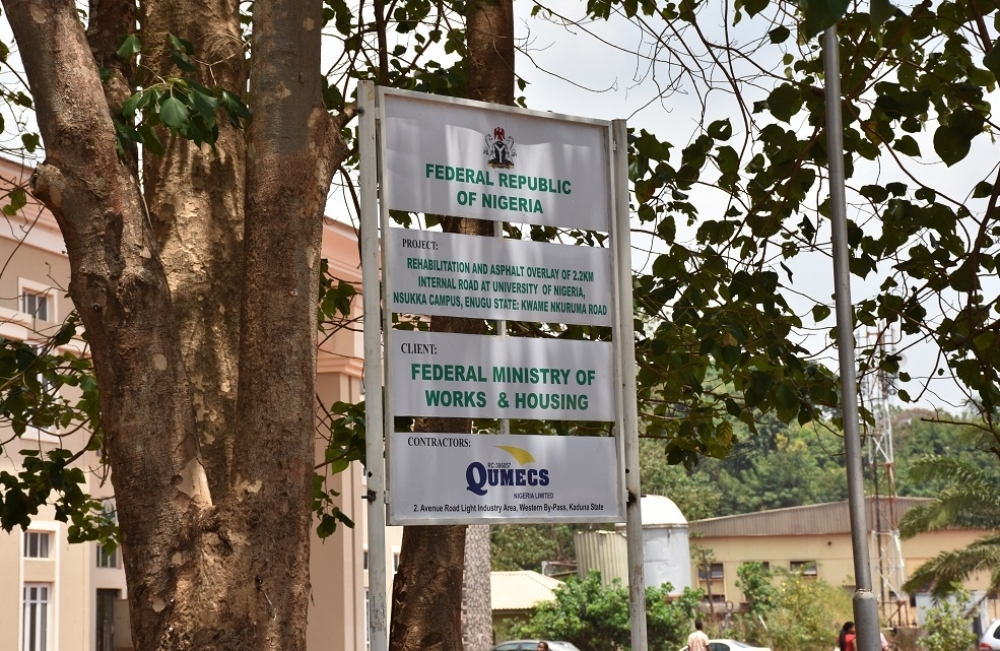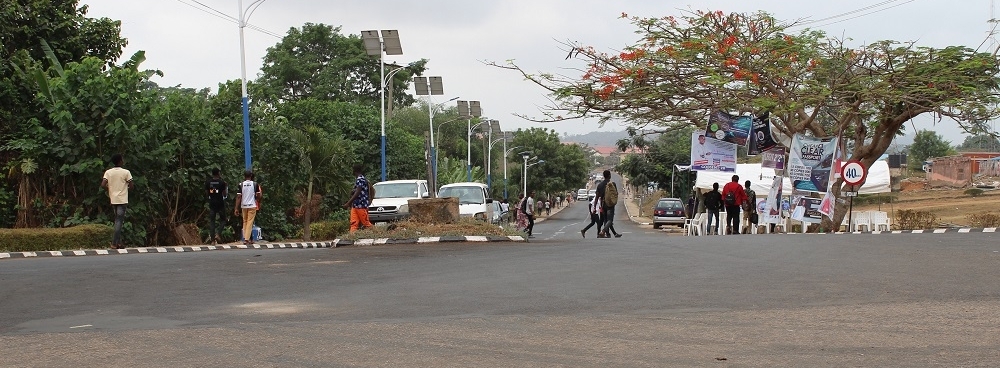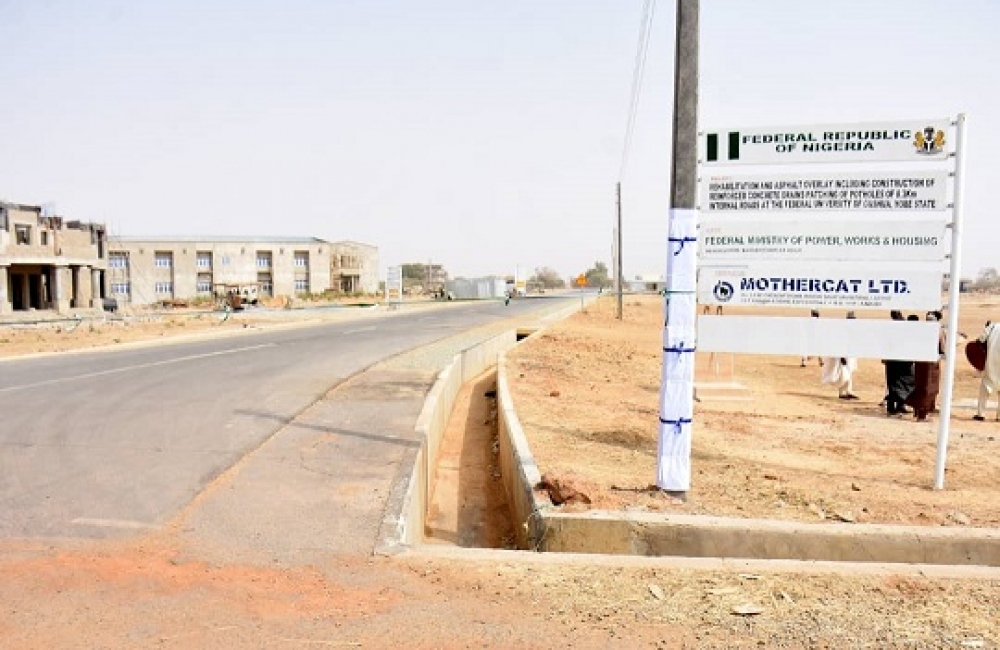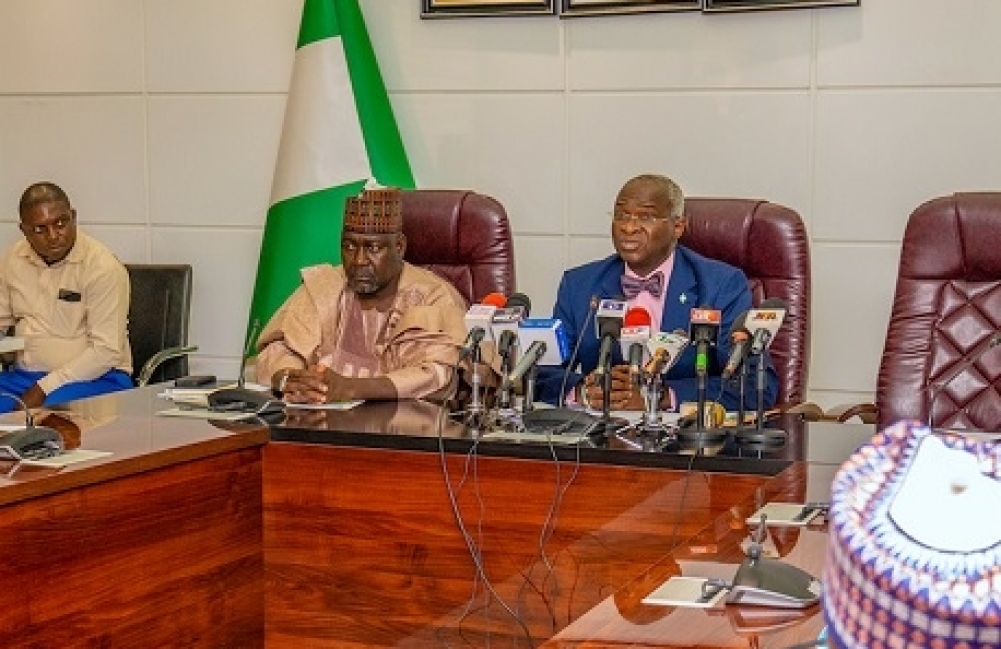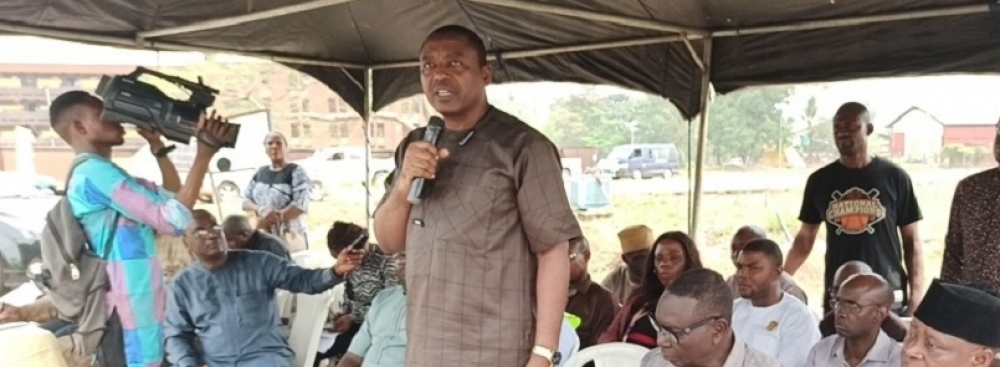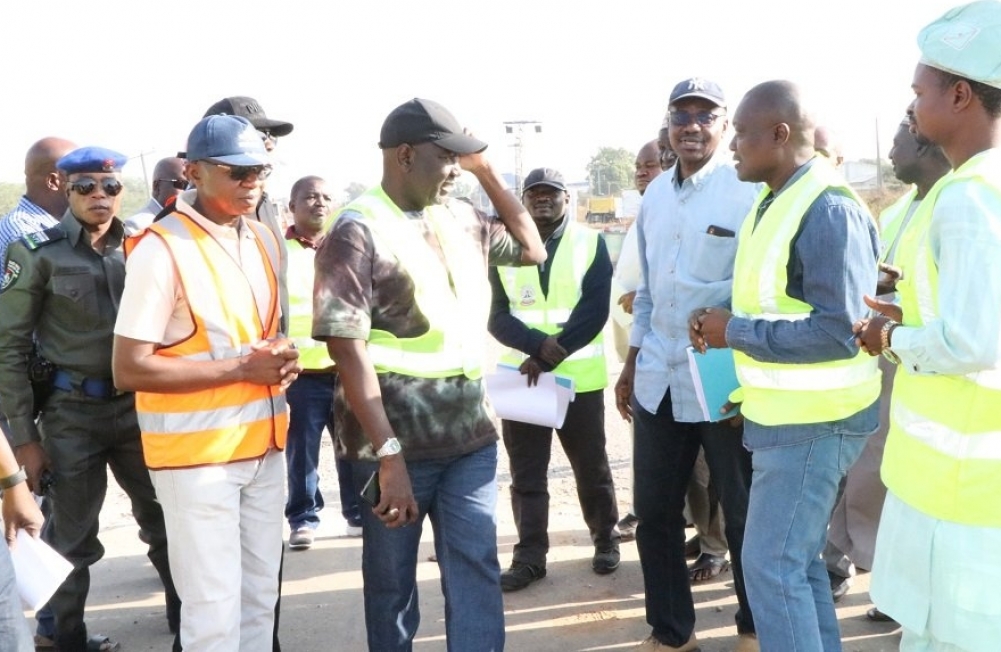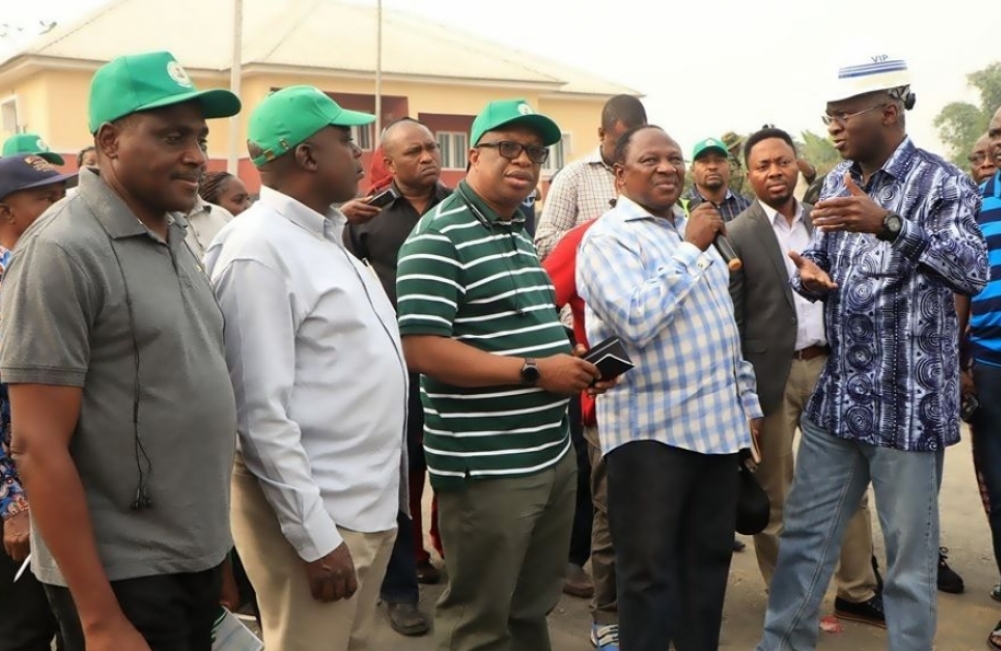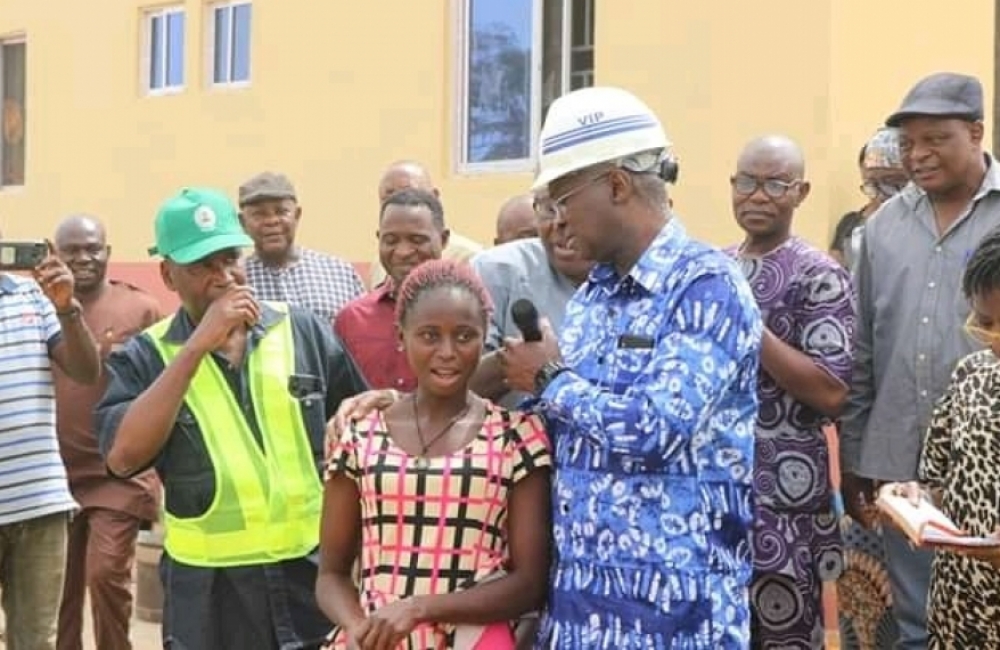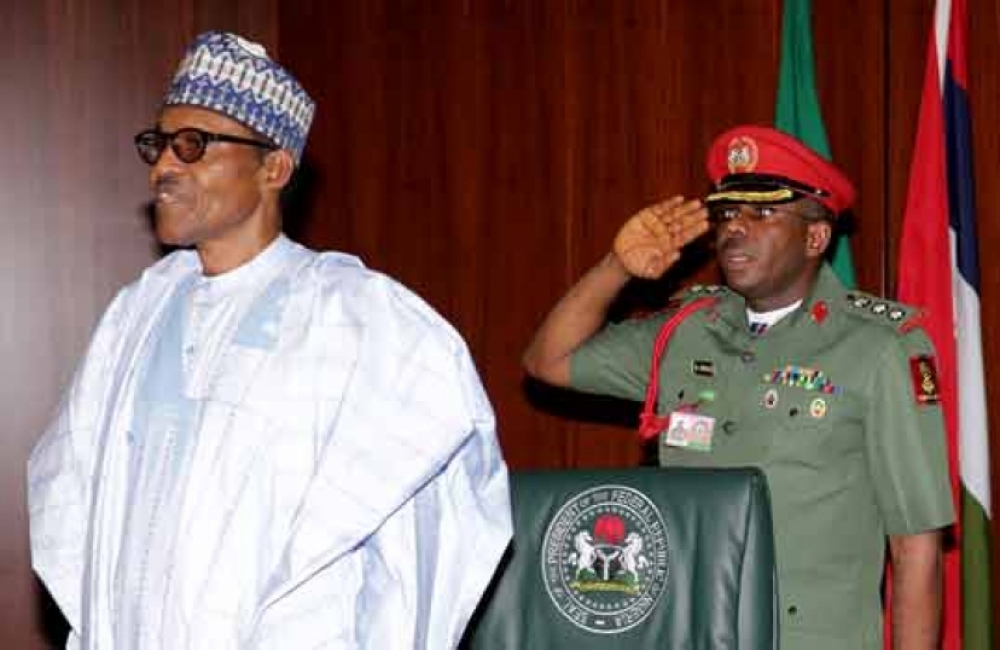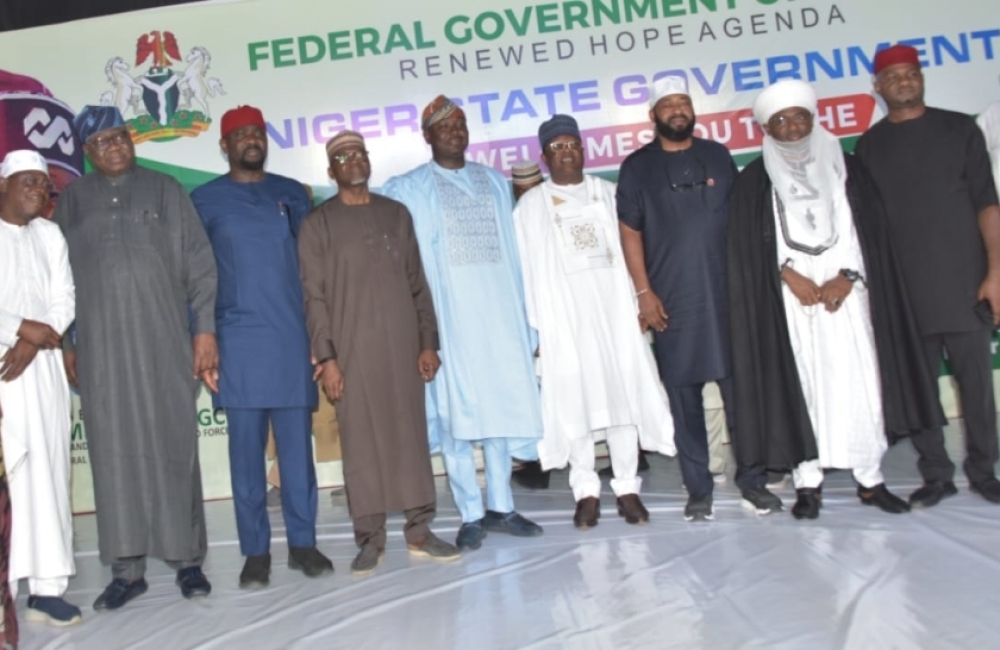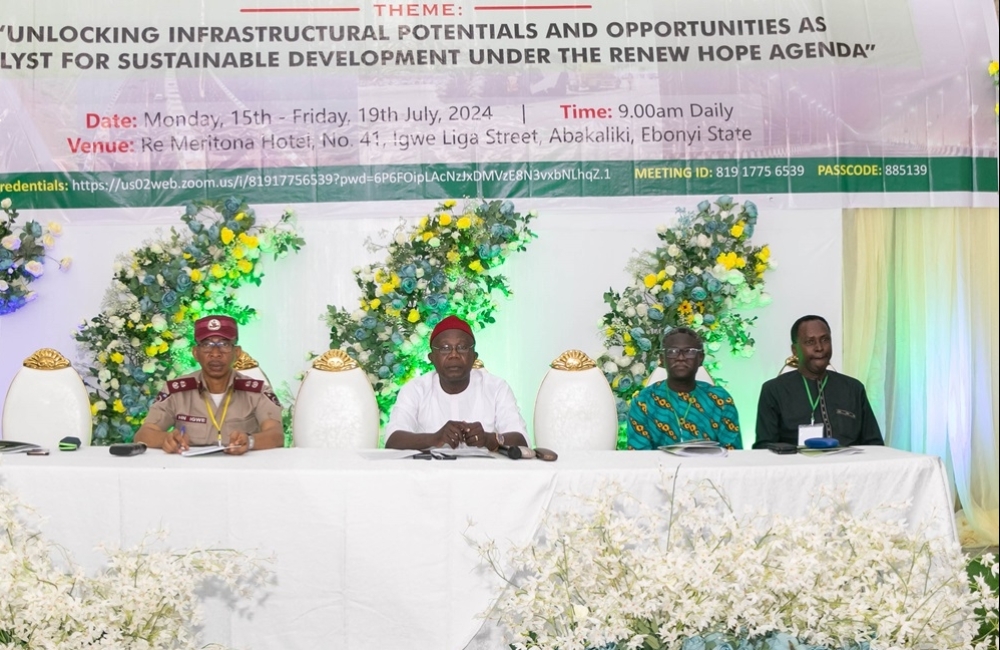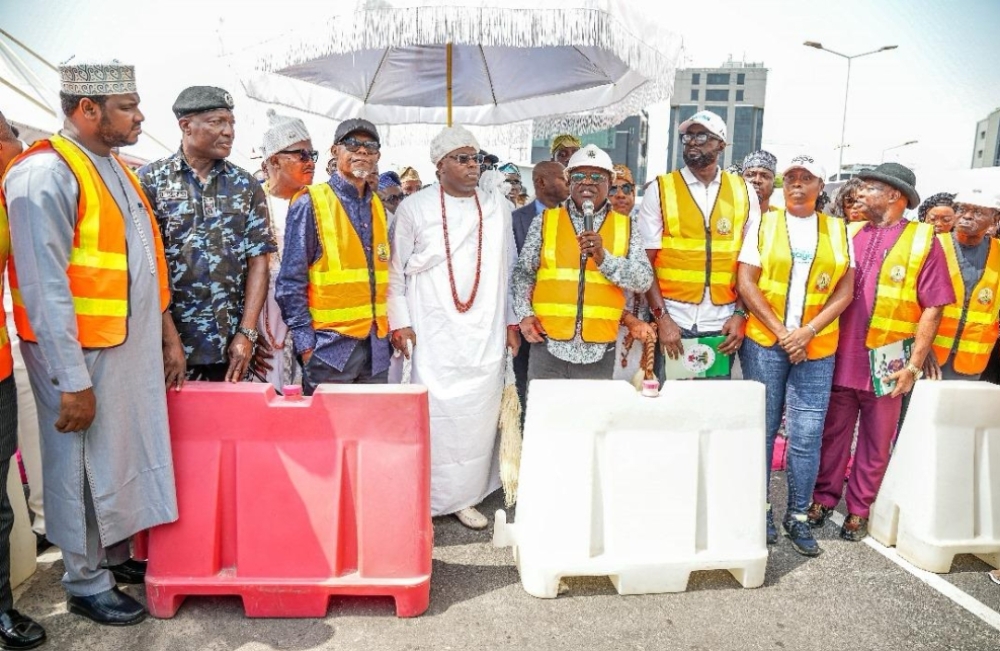
FG Temporarily Opens Completed Stretch of Lagos-Calabar Coastal Highway to Traffic
In a significant milestone towards enhancing accessibility and connectivity across Nigeria, the Federal Government has temporarily opened the 30-kilometre completed Section I, Phase 1 of the 47.474-kilometre Lagos-Calabar Coastal Highway to traffic. This development is aimed at easing traffic congestion during the upcoming festive periods and providing a world-class road infrastructure for Nigerians. The Honorable Minister of Works, Sen. (Engr.) David Umahi, CON, FNSE, FNATE, opened it to traffic on Friday, 12 December, 2025, on behalf of Mr. President, His Excellency, Bola Ahmed Tinubu, GCFR.
The 750-kilometre Lagos-Calabar Coastal Highway is one of the legacy projects under the Federal Government's Renewed Hope Agenda, designed to transform the nation's transportation landscape. The project, which spans across nine states, including Lagos, Ogun, Ondo, Edo, Delta, Bayelsa, Rivers, Akwa Ibom, and Cross River, is expected to bring numerous benefits, including increased tourism potential, job creation, regional integration, shoreline protection, and improved economic prosperity,” says Engr. Umahi.
The temporarily opened stretch commences at the Ahmadu Bello Way Junction in Victoria Island and terminates at the Eleko Village Junction in Lekki, Lagos State. The road, which was awarded to Hitech Construction Africa Limited, features a reinforced rigid pavement dual-carriage highway with accompanying drainage and culverts, median barriers, street lighting, and the relocation of public utilities.
The project is being funded under the EPC+F (Engineering, Procurement, and Construction + Financing) model, which allows the contractor to handle both construction and financing. The total cost of the project is N1,067,887,381,148. 61K (one trillion, sixty-seven billion, eight hundred and eighty-seven million, three hundred and eighty-one thousand, one hundred and forty-eight naira, sixty-one kobo).
The Minister, while commending the contractor and relevant stakeholders, noted that the occasion is a testament to the Federal Government's commitment to delivering on its campaign promises. "This project is a critical component of our efforts to improve the living standards of Nigerians and provide a world-class infrastructure that will enable economic growth and development," the Minister stated.
The Highway is expected to have a positive impact on the economy, particularly in the region. It provides a seamless and efficient transportation system, reducing travel time and increasing connectivity between Lagos and other towns along the West-East Coast.
The entire project, which is being executed in phases, is already recording significant progress with work ongoing at the Akwa Ibom and Cross River States end of the corridor.
In his remarks, the Permanent Secretary of the Ministry, Mr Rafiu Adeladan, noted that the project is a demonstration of the Federal Government's commitment to improving the nation's infrastructure. “This project is a critical component of our effort to drive economic growth and development, and we are committed to delivering it to Nigerians on time,” he reiterated..
Engr. Olufemi Dare, Federal Controller of Works (FCW), Lagos State, outlined the project's objectives, highlighting its potential to create jobs, improve access, and boost the economy. He described the project as a game-changer for the region, capable of transforming the lives of the people.
Engr. Dany Abboud, Managing Director of HITECH Construction Company Africa Limited provided an update on the project's progress, noting that work commenced 20 months ago and sand filling has been completed on the remaining 17.474 kilometres of the alignment. “The entire stretch of 47.474km is expected to be completed before the end of the second quarter of 2026, he reassured Nigerians. He expressed confidence in the government’s commitment to the delivery of the iconic highway on time and with minimal disruptions. He, however, advised motorists to exercise caution, while using the road, as workers would still be on site completing some aspects of the project.
The event was also graced by His Royal Majesty, Oba Abdul-Wasiu Omogbolahan, the Oniru of Iruland, other traditional rulers, community leaders, as well as members of the host community. The Oniru expressed gratitude to the President for the temporary opening of the road. He further acknowledged the significance of the project to the region and appreciated the efforts of the Federal Government in bringing this vital infrastructure to his people.
Other dignitaries who spoke at the event, including Hon. Engr. Abdullahi Sesan Olowa, Chairman, Conference 57 of Chairmen, Lagos State, and Moremi Ojudu, Senior Special Assistant to the President on Community Engagement, South West, drummed the importance of the highway in promoting regional integration and economic growth.
Abiodun J. Owonikoko SAN, Team Leader, Lagos-Calabar Coastal Highway’s Federal Government Legal Team, briefed the gathering on the litigations surrounding the project, disclosing that 27 court cases were filed against the Federal Government, out of which 7 major ones had been won, with most of the remainder being settled out of court
Sen. Barinada Mpigi, Chairman, Senate Committee on Works, pledged that the National Assembly is in support of the President in ensuring the project's completion, through adequate appropriation and oversight.
The epoch-making event is a testament to the Federal Government's commitment to infrastructure development and economic growth, underscoring the need for continuity.
*Mohammed A. Ahmed*
Director Press and Public Relations.
13 December, 2025.
Close


